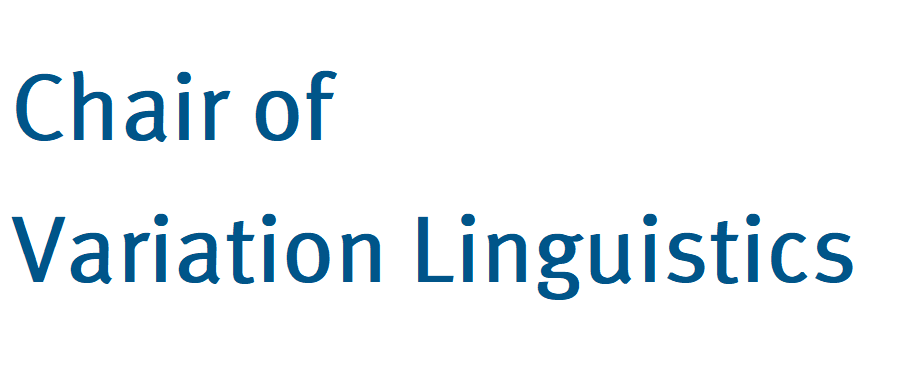Teachers’ and secondary students’ language attitudes in the UK
Varieties other than standard English have long been marginalized in UK schools. Officially there are no requirements in terms of students’ and teachers’ accents and the national curriculum states that “RP [Received Pronunciation] has no special status in the national curriculum” (Department for Education 2013a: 34). However, there seems to be an overarching idea of some accents as unacceptable and inappropriate in the school context. Research by Baratta (e.g. 2021a, 2021b) has shown that many British teachers in training are asked by their mentors to change or reduce their accents. As there are no official guidelines in terms of accent standards, mentors are largely free to determine what is and what is not an ‘appropriate’ accent for teaching. Baratta stresses that more work is needed on a larger scale to investigate teachers’ and students’ attitudes toward accents in the education sector in the UK. Particularly, future research should examine what kind of accent(s) is/are deemed acceptable for the teaching of students in the UK. This postdoc project addresses this research gap and investigates language attitudes toward different British accents among teachers and secondary students.
This postdoc project examines teachers’ and secondary students’ language attitudes in the UK in the education context. The following research questions will be addressed:
- What are English teachers’ and secondary students’ implicit/covert attitudes toward different British English accents in the educational context? (How) do they differ?
- What are English teachers’ and students’ explicit/overt attitudes toward different British English accents in the educational context? (How) do they differ?
- What are the discrepancies, if any, between the implicit and explicit attitudes of the teachers and students with regard to different British English accents in the educational context?
In order to answer these questions, a mixed-methods approach is developed. Both quantitative and qualitative data will be collected via different approaches. In the course of this, the following indirect as well as direct research methods to elicit both implicit and explicit language attitudes are used:
- Personalized IAT: A personalized IAT (see Rosseel et al. 2018) is developed in order to elicit teachers’ and students’ deeply embedded attitudes toward the use of Northern and Southern British accents in the school context.
- Indirect approach: Through a verbal-guise test with different auditory stimuli produced by speakers of different British accents, teachers’ and students’ attitudes are elicited. Following Levon et al. (2021), the following accents are included: Received Pronunciation, Estuary English, Multicultural London English, General Northern English, Urban West Yorkshire English. The informants’ responses are captured on Visual Analog Scales (see Llamas & Watt 2014), followed by an accent recognition study.
- Direct approach: In addition to these approaches eliciting implicit and covert language attitudes, interviews are conducted with British teachers and students. Open-ended questions about the use of regional and social British accents in the school context will shed light on their overt attitudes toward accent variation in this particular context.
References
Baratta, A. (2021a). A lack of phonological inherentness: Perceptions of accents in UK education. In G. Planchenault & L. Poljak (Eds.), Pragmatics of accents (pp. 141–162). John Benjamins.
Baratta, A. (2021b). Varieties of ‘standard accents’ among teachers in contemporary Britain. World Englishes, 1–16. https://doi.org/10.1111/weng.12561.
Department for Education (2013a). The National Curriculum in England: Key Stages 1 and 2 Framework Document, DfE, London.
Levon, E., Sharma, D., Watt, D., Cardoso, A., & Ye, Y. (2021). Accent bias and perceptions of professional competence in England. Journal of English Linguistics, 49(4), 355–388. https://doi.org/10.1177/00754242211046316.
Llamas, C., & Watt, D. (2014). Scottish, English, British? Innovations in attitude measurement. Language and Linguistics Compass, 8(11), 610–617. https://doi.org/10.1111/lnc3.12109.
Rosseel, L., Speelman, D., & Geeraerts, D. (2018). Measuring language attitudes using the Personalized Implicit Association Test: A case study on regional varieties of Dutch in Belgium. Journal of Linguistic Geography, 6(1), 20–39. https://doi.org/10.1017/jlg.2018.3.



